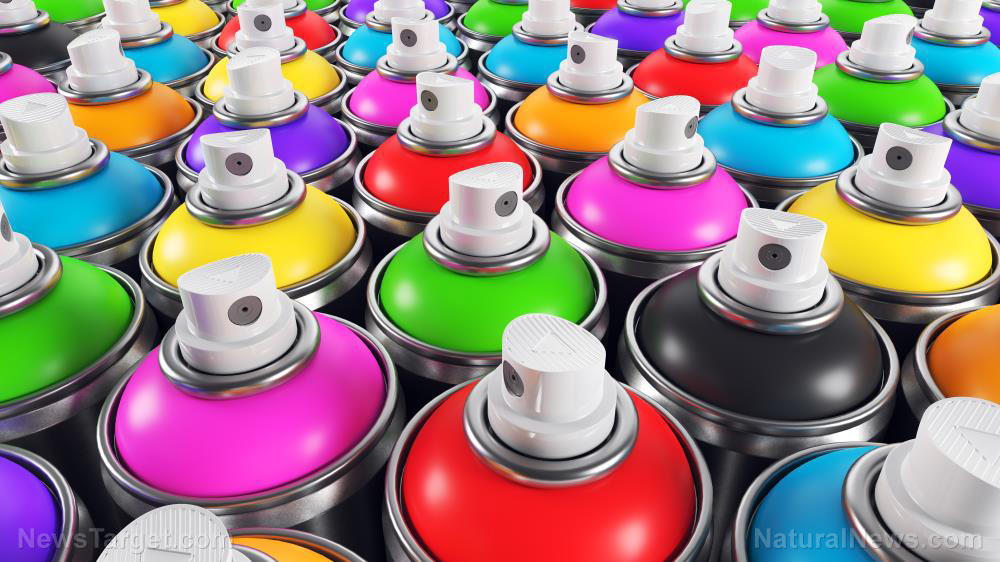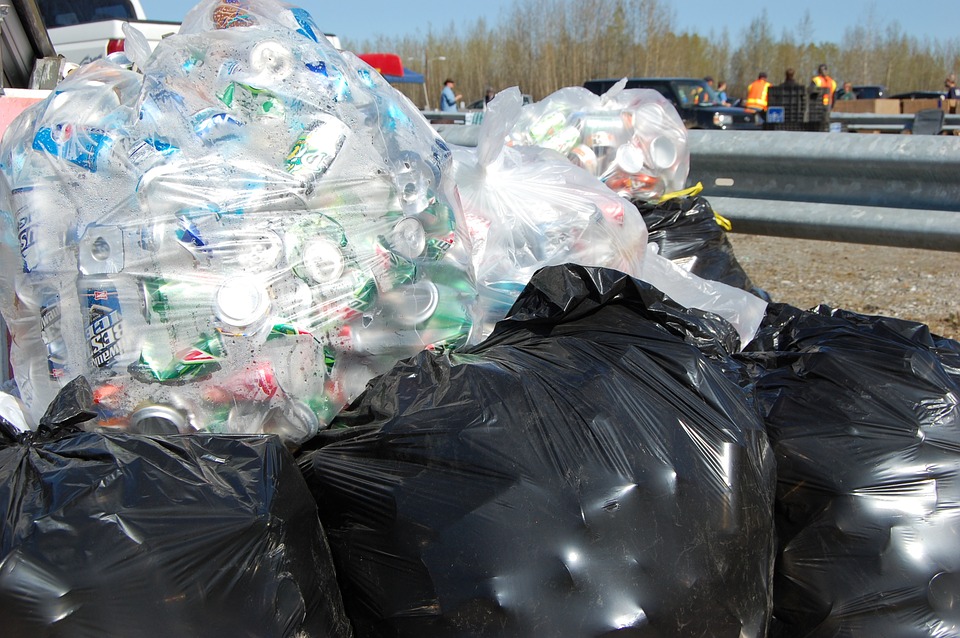Lack of research about chemical agents called SULFITES in food has resulted in an array of health implications for consumers
05/26/2023 / By S.D. Wells

Sulfites are chemicals commonly used as preservatives in food, beverages, wine, and even medications, to slow down the browning and discoloration effect during preparation, storage, and distribution. For many consumers, sulfites are nothing to worry about, but for millions of others, sulfites can be a key cause of allergy symptoms, autoimmune reactions, and asthma attacks, plus severe reactions include going into life-threatening anaphylactic shock.
The most common places you may find sulfites are in wine, beer, ready-made meals, and pizza, and about ten percent of all consumers suffer health implications from consuming sulfites. That statistic may be a bit shocking to many people, who have never really been on the lookout for sulfites, hearing or reading nary a warning about these chemical preservatives that alert the consumer by starting out with skin rashes, itching, hives, and/or restricted breathing. It all goes down hill from there should the consumer continue to consume sulfites.
Eliminating sulfites from your consumption regimen may prove difficult because some corporations say their products don’t contain them, but they actually do
Many brands advertise on their websites and/or packaging that they are sulfite-free, but trusting big name brands is the real challenge. Most doctors are completely unaware of the dangers of sulfites, and will mistake the symptoms for hay fever or other allergies, and then prescribe antihistamines, which will NOT help.
Concentrations of sulfites higher than 10 milligrams per liter must be labeled in the USA, and mass-produced wines often blow that number out of the water. While the sulfites are used to prevent bacterial growth, they often instigate allergic reactions for the unknowing consumers.
Sulfites also destroy nutritional elements of many foods, including vitamin B1 and thiamine. Beneficial bacteria can also get wiped out by the presence of sulfites. The FDA claims sulfites are safe, but then warn people with liver or kidney dysfunction not to consume them, plus anyone who is asthmatic. Isn’t that a massive swath of Americans?
Sulfites are CHEMICALS that have become commonplace in American foods and beverages, and lack stringent testing that should be done, since millions of consumers are adversely affected by them. Just add sulfites to the enormous and growing list of chemicals in foods to avoid, including pesticides, industrial-based food colorings, MSG (monosodium glutamate), aspartame, nitrates and nitrites.
Sulfites are widely used by the pharmaceutical industry and induce a wide range of adverse clinical effects
Sulfites are used extensively in the pharmaceutical industry and have many industrial uses, but exposure to them has been reported and well-documented to cause a whole range of adverse clinical effects for consumers, including hypotension, abdominal pain, diarrhea, asthmatic reactions, dermatitis, and life-threatening anaphylactic shock. This is also known to happen from the use of pharma products. Much more research is needed in this arena, and more warnings on product labels is certainly already warranted.
Though sulfites were considered safe back in the 1970s, when they were first introduced for widespread use in food, now the medical and food industries know the dangers, but who’s to stop them from using them, or properly warn consumers? Certainly not the FDA or CDC, who are not in the business of preventing disease and disorder, it would seem these days. Tune your food news frequency to FoodSupply.news to get updates on more toxic food agents and pharmaceutical ingredients.
Sources for this article include:
Submit a correction >>
Tagged Under:
allergies, asthma, clean food watch, disease causes, food science, food supply, frankenfood, grocery, health science, poison, preservatives, stop eating poison, sulfite allergy, sulfites, toxic chemicals, toxic ingredients, toxins
This article may contain statements that reflect the opinion of the author
RECENT NEWS & ARTICLES
COPYRIGHT © 2017 TOXINS NEWS




















